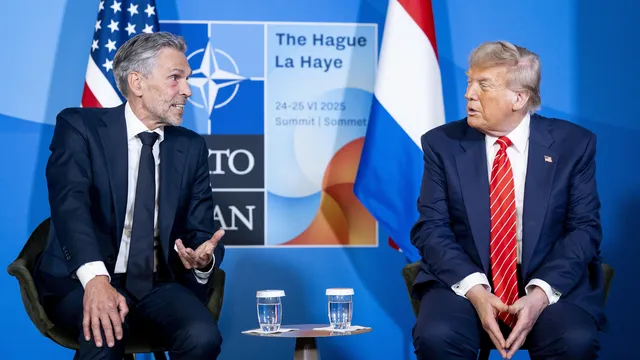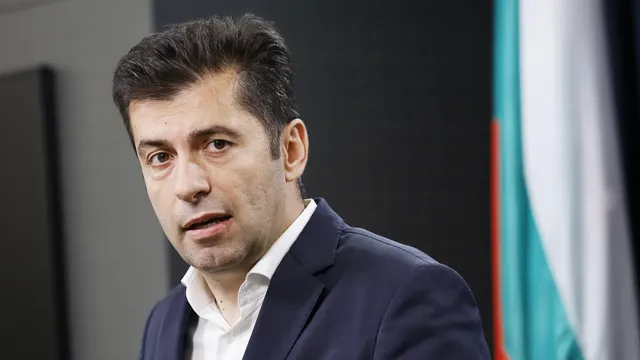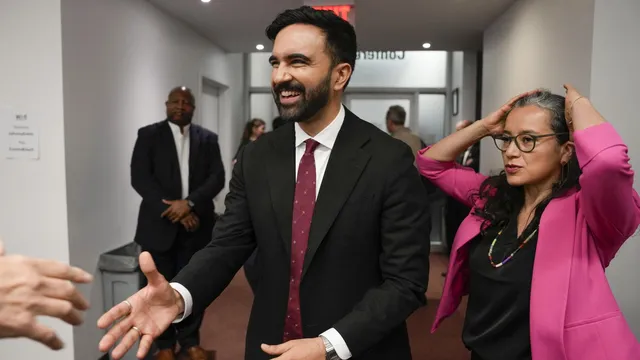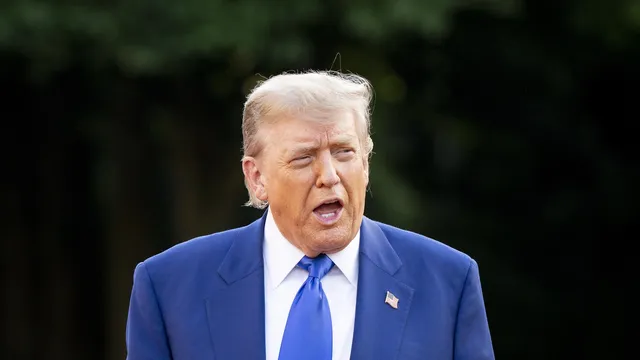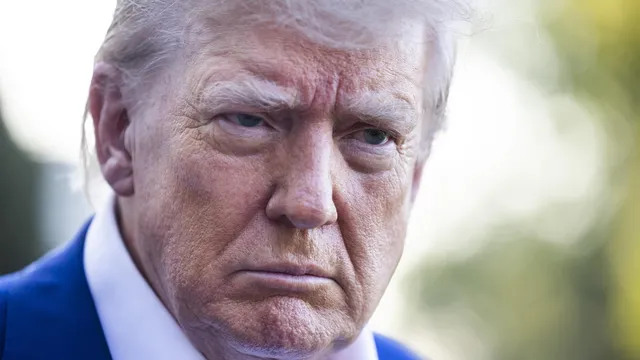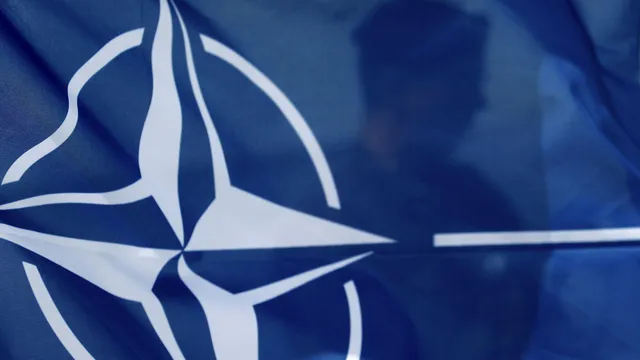NATO Secretary General Mark Rutte said that one of the 32 members of the alliance, the United States, has carried too much of the burden of financing the military alliance for too long and that this will change, RSE reported.
At the opening of the North Atlantic Council (NAC) meeting on June 25, which is the highlight of the two-day NATO summit, Rutte stressed the importance of the decision that is expected to be taken – a commitment by allies to allocate 5% of their gross domestic product (GDP) to defense, as demanded by US President Donald Trump.
Addressing Trump directly, Rutte said his leadership on the issue “has already led to a commitment by European allies to spend an additional $1 trillion since 2016.”
"Today's decisions will generate trillions of dollars more for our collective defense to level the playing field between the United States and our allies. This also means a huge expansion of our defense industry on both sides of the Atlantic. This is good for our security, good for our economies, and good for our jobs," Rutte said.
He added that the allies would decide to continue their support for Ukraine while advocating for a just and lasting peace in the country defending itself against Russian invasion.
“We all want the bloodshed to stop. We call on Russia to end its aggression against Ukraine,” Rutte emphasized.
He noted that the NATO summit was taking place “at a dangerous moment” for 1 billion citizens of the alliance: “Russia's war against Ukraine is raging, adversaries are trying to divide and provoke allies, the war in the Middle East continues, terrorism is a constant threat, and new technologies, along with the opportunities they offer, pose serious challenges to security.”
“In the face of all this, we stand together, united in NATO, the most powerful defense alliance in world history. History has shown that North America and Europe working together is a winning combination. Our adversaries know this,” Rutte said.
Dutch Prime Minister Dick Schoоf noted at the beginning of the meeting that the end of history “turned out to be an illusion that was shattered forever when Russia brutally invaded Ukraine.”
“There is a new awareness in our ranks that peace cannot be taken for granted and must be defended constantly,” Schoоf said, after which the meeting was closed to the public.
At the meeting, the 32 leaders are expected to agree to increase defense spending to 5% of GDP, increase production in the defense industry, and confirm long-term support for Ukraine.
Spanish Prime Minister Pedro Sánchez said before the meeting that Spain would not be able to increase spending to 5% of GDP by 2035, calling the new deadline “unreasonable.”
When he arrived at the meeting this morning, Rutte rejected the possibility that Spain would break NATO's plans, saying that the expected decisions were not easy but that “there is no alternative, given the threat from Russia and the international security situation.”
Rubio: This is Trump's meeting, his influence strengthens NATO
US Secretary of State Marco Rubio described this year's NATO meeting in The Hague as “Trump's meeting” as NATO members prepare to increase defense spending, a demand made by US President Donald Trump.
"I would call this Trump's meeting. The pressure from President Trump during his first term (2017-2021) and then the full-scale invasion and war in Europe started by Vladimir Putin have led to a situation where now virtually every country, every NATO partner, is committed to reaching that 5% (of GDP), with the unfortunate exception of Spain," Rubio said in an interview with the Brussels-based Politico portal on the sidelines of the summit.
Spain's refusal to increase defense spending, which currently stands at 2% of GDP, was described by Rubio as “a big problem.”
“I don't think the agreement reached by Spain is sustainable and, frankly, it puts it in a very difficult position compared to other allies and partners,” Rubio said, adding that this would be the topic of today's talks between leaders.
Spain's position drew criticism at the summit and raised concerns that other countries could take advantage of it to avoid fulfilling their commitments.
Rubio commented that Trump's influence would be beneficial to the alliance in the meantime.
"If everyone fulfills their commitments, the alliance will be much stronger, with more capable partners. This will allow the United States to continue to be a strong member, the largest member of the alliance, but also to reallocate resources to other parts of the world without weakening the alliance," Rubio said.
Regarding Europe's requests to the US to strengthen sanctions against Russia, Rubio responded that Washington would refuse because it still wants to have the option of peaceful negotiations.
Ukrainian President Volodymyr Zelensky and other European leaders will try to convince Trump to impose additional sanctions on Moscow, especially after Russian President Vladimir Putin repeatedly rejected Washington's attempts to mediate a truce.
“If we do what everyone here wants, which is to impose additional sanctions, we will probably lose the opportunity to talk about a ceasefire, and then who will talk to them?” the US secretary of state asked.
Trump “will know when the time and place are right” for new economic measures, Rubio added, but specified that if that happens, there will likely be no more opportunity for negotiations on a peace agreement with Russia.
“If he does (impose sanctions), it will be almost an admission that negotiations will not take place in the near future,” Rubio concluded.
He added that the US would remain engaged and would use every opportunity to bring Moscow to the negotiating table.
Rubio expressed the view that the Russians will try to achieve on the battlefield what they have demanded at the negotiating table, namely to achieve their territorial goals, adding that Washington believes this will be “much more difficult than they think.” |BGNES

 Breaking news
Breaking news
 Europe
Europe
 Bulgaria
Bulgaria
